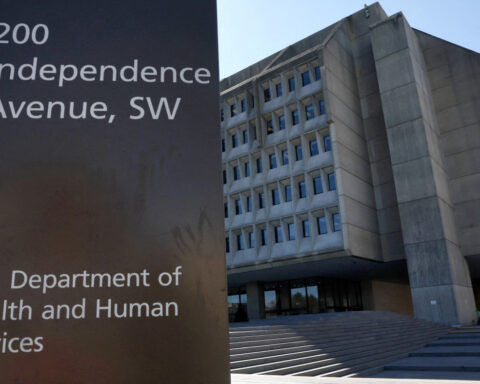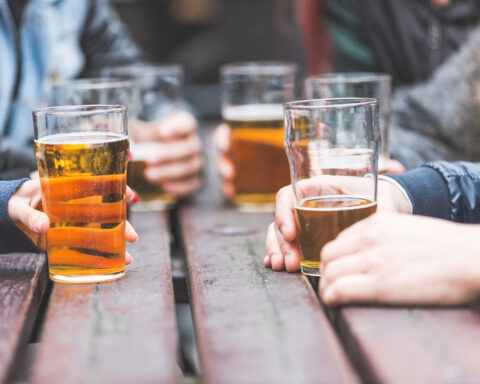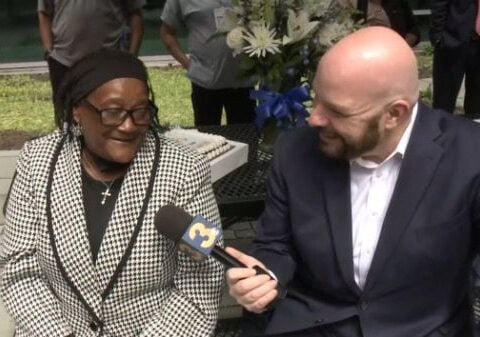Need a magic pill to fix your problems fast? That's the alluring promise of "lucky girl syndrome" exploding on TikTok lately. Videos preach that truly believing you're destined for spontaneous good fortune can suddenly attract penthouse apartments and dream jobs crashing into your real life. But can positive thinking manipulate external outcomes just by shifting self-perception?
As coaches insist repeatedly affirming your latent "luckiness" works miracles, millions of eyeballs watch in hope. But backlash builds, too, as experts urge wariness about assumptions that luck alone controls fate. They argue that trends like "lucky girl syndrome" cruelly downplay systemic barriers by pretending that unjust structures scarcely exist if you simply manifest enough prosperity.
So, does genuinely embracing your inner "lucky girl" offer psychological relief to those feeling deprived of control? Or does it gaslight women that adversity ends by declaring yourself privileged without doing the necessary inner work first? This piece unpacks the controversy around whether you can think your way to easy street or if that's deceptive false hope. One thing's clear - this latest viral sensation reveals much about the current desperation facing anxious young women seeking magic solutions. But deep down, we all know nothing comes easily.
The latest TikTok fad promises life dreams achieved just by adopting a "lucky girl" belief you naturally attract good fortune. However, experts urge wariness about assumptions luck alone controls outcomes. "These are faith-based beliefs…requiring you suspend logic and critical thinking," cautions therapist Alegria Louise Demeestere.
Videos cite creators manifesting apartments and lovers after genuinely embracing latent "luckiness." However, licensed professional Amanda Sacks agrees that "positive thinking has value, as long as it's partnered with reality." Feelings fluctuate. Still, the current embrace signals that anxious women crave this magical thinking to feel empowered.
What exactly is "lucky girl syndrome"? The viral trend traces directly back to TikTok user Laura Galebe. Her video claimed personal epiphanies changed everything. "It wasn't until I genuinely believed that great things just happened to me out of nowhere that things started flying at my face," she shared.
That clip spawned many more from folks crediting sudden turnarounds to genuinely adopting a "lucky girl" self-concept. But while focusing on positive thinking does research-backed benefits like anxiety reduction, experts note systemic barriers persist no matter your mindset. "Oppression and inequalities" impact agency daily, per Demeestere.
Manifestation lore proposes that concentration alone summons external results like relationships, viral content, and money. However, licensed clinical social worker Sacks argues understanding current challenges also matters. For anxious clients desperately seeking change, she helps "process-relational injuries and trauma" first.
TikTok creator Galebe introduced "lucky girl syndrome" after an aha moment. Once she chose to "genuinely believe" random good things constantly happened and started declaring herself "lucky" aloud regularly, she claims her reality dramatically shifted. Her tip to unapologetically practice such "delusional thinking" instantly spread among users.
But Sacks stresses, "it's okay not feeling lucky daily." She notes pendulating emotions are human. Demeestere sees danger in forsaking logic for these "faith-based beliefs" about luck's role, no matter what surface-level appeal embracing them may hold for struggling folks lacking agency. She argues that "assessing whether coaches exploit hopes" matters more.
Experts confirm that positive thinking reduces anxiety and worry and can enhance well-being. However, they caution against embracing any ideology that ignores how societal barriers also strongly influence outcomes. Systemic oppression drastically limits mobility, and critiquing arguments otherwise earns credibility here. Wanting personal agency never warrants ignoring reality.
Of course, TikTok trends spread experimental ideas widely and rapidly by design. For anxious young women facing uniquely constricting stressors, promises of gaining secret control through manifestation rituals offer alluring psychological relief. Adopting "lucky girl syndrome" tenets provides a compelling sense of unleashed personal power for those feeling disempowered, which explains why these latest viral concepts resonate.
Yet, according to experts, expecting life's randomness to bend to one's will via "lucky" self-perception alone still constitutes irrational thinking. Licensed therapist Sacks specializes in helping precisely the demographic most immersed in today's TikTok culture—anxious millennial and Gen Z women—separate unrealistic "magical thinking" from balanced mental health insights.
She agrees that tactical approaches like managing worries through positive visualization do help clients relieve anxiety, as does processing trauma. Sacks focuses on teaching distressed clients to balance embracing positive emotions with acknowledging that negative ones will continue arising. She considers neither inherently "bad." For Sacks, authentic progress requires validating the full human experience and making choices.

 Trump has begun another trade war. Here's a timeline of how we got here
Trump has begun another trade war. Here's a timeline of how we got here
 Canada's leader laments lost friendship with US in town that sheltered stranded Americans after 9/11
Canada's leader laments lost friendship with US in town that sheltered stranded Americans after 9/11
 Chinese EV giant BYD's fourth-quarter profit leaps 73%
Chinese EV giant BYD's fourth-quarter profit leaps 73%
 You're an American in another land? Prepare to talk about the why and how of Trump 2.0
You're an American in another land? Prepare to talk about the why and how of Trump 2.0
 Chalk talk: Star power, top teams and No. 5 seeds headline the women's March Madness Sweet 16
Chalk talk: Star power, top teams and No. 5 seeds headline the women's March Madness Sweet 16
 Purdue returns to Sweet 16 with 76-62 win over McNeese in March Madness
Purdue returns to Sweet 16 with 76-62 win over McNeese in March Madness








